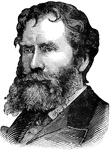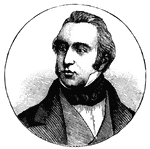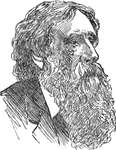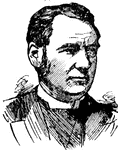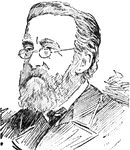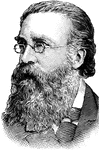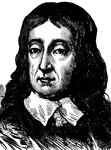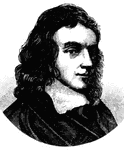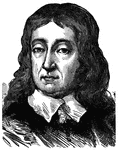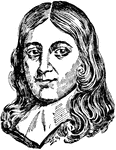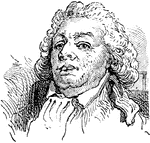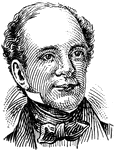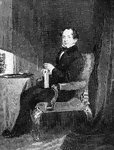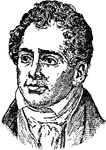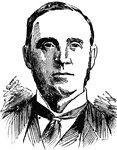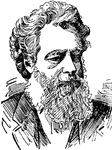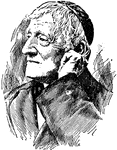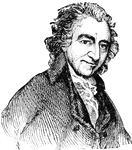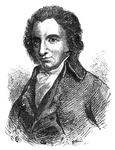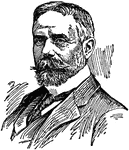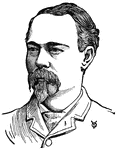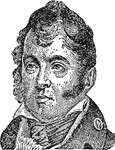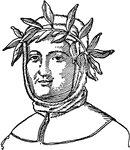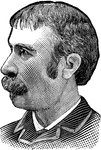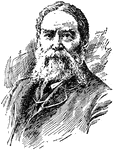
James Russell Lowell
(1819-1891) American poet, critic, essayist, orator and diplomat most famous for The Vision of Sir Launfal.
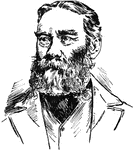
James Russell Lowell
James Russell Lowell (February 22, 1819 – August 12, 1891) was an American Romantic poet, critic,…
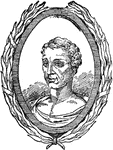
Lucian
"Lucian, the humorous satirist, was a native of Samosata, in Syria, and flourished towards the end of…
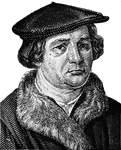
Martin Luther
Martin Luther (November 10, 1483 – February 18, 1546) was a German monk, theologian, university professor,…
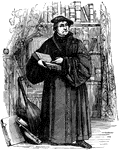
Martin Luther
Martin Luther (November 10, 1483 - February 18, 1546) was a German monk, theologian, university professor,…

Martin Luther
"Martin Luther was born at Eisleben in 1483. He was the son of a poor miner, had entered the Augustinian…
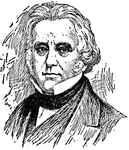
Lord Thomas Babington Macaulay
"(1800-1859), an English historian, essayist and statesman, celebrated for the brilliance of his prose…
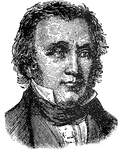
Thomas Macauley
A nineteenth century British poet, historian and Whig politician. He wrote extensively as an essayist…
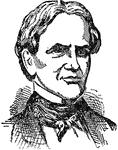
Horace Mann
An American education reformer and abolitionist. He was born in Franklin, Massachusetts. He was brother-in-law…
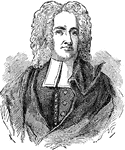
Cotton Mather
Cotton Mather was a socially and politically influential New England Puritan minister, prolific author,…
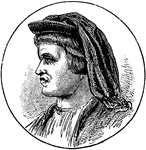
Lorenzo de' Medici
Lorenzo de' Medici (January 1, 1449 – 9 April 1492) was an Italian statesman and de facto ruler of…
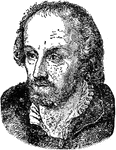
Philipp Melanchthon
A German theologian and writer of the Protestant Reformation and an associate of Martin Luther.
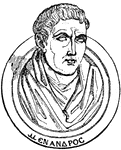
Menander
"Menander was an Athenian, and was born in B.C. 342. He was drowned at the age of 52, whilst swimming…
![Michelangelo di Lodovico Buonarroti Simoni[1] (March 6, 1475 – February 18, 1564), commonly known as Michelangelo, was an Italian Renaissance painter, sculptor, architect, poet and engineer. Despite making few forays beyond the arts, his versatility in the disciplines he took up was of such a high order that he is often considered a contender for the title of the archetypal Renaissance man, along with his rival and fellow Italian Leonardo da Vinci.](https://etc.usf.edu/clipart/56200/56267/56267_michelangelo_mth.gif)
Michelangelo
Michelangelo di Lodovico Buonarroti Simoni[1] (March 6, 1475 – February 18, 1564), commonly known…
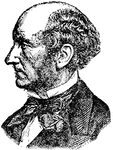
John Mill
Author and statesman, born in London, England, May 20, 1806 died in Avignon France, May 9, 1873.
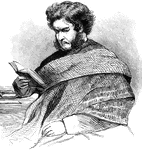
Hugh Miller
Hugh Miller (1802-1856) was a self-taught Scottish geologist and writer, folklorist, and an evangelical…

Joaquin Miller
Miller's real name was Cincinnatus Heine, or Hiner Miller. He was a poet, lawyer, and judge.
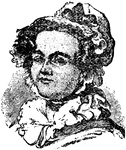
Mary Mitford
Authoress, bon in Hampshire, England, Dec. 16, 1786; died Jan. 10, 1855. She wrote many plays, poems…
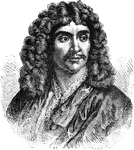
Mollere
A French writer, director and actor. He was born on January 15, 1622 and died on February 17, 1673.
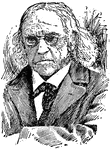
Theodor Mommsen
(1817-1903) German historian and archaeologist most celebrated for his work with Roman history.
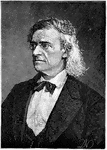
Theodor Mommsen
Christian Matthias Theodor Mommsen (30 November 1817 – 1 November 1903) was a German classical scholar,…

John Bassett Moore
John Bassett Moore (December 3, 1860 – November 12, 1947) was an American authority on international…
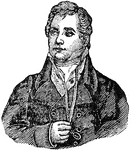
Thomas Moore
"Moore, Thomas, the national poet of Ireland, was born in 1799 in Dublin, where his father was a grocer;…
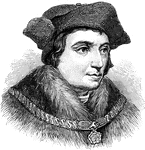
Sir Thomas More
Sir Thomas More (7 February 1478 – 6 July 1535) was an English lawyer, author, and statesman who…
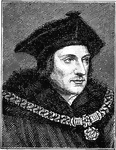
Sir Thomas More
Sir Thomas More (7 February 1478 – 6 July 1535), from 1935 Saint Thomas More, was an English lawyer,…

Sir Thomas More's House, Chelsea
Sir Thomas More (7 February 1478 – 6 July 1535), from 1935 Saint Thomas More, was an English lawyer,…
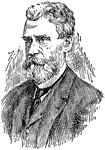
John Lothrop Motley
(1814-1877) American historian and Harvard graduate most noted for his works on the Netherlands.
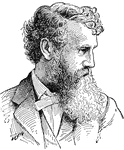
John Muir
John Muir (April 21, 1838 – December 24, 1914) was a Scottish-born American naturalist, author,…
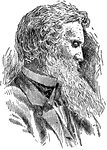
John Muir
(1838-1914) American geologist, naturalist, explorer, and one of the first preservationists.

Napoleon
"France under Napoleon. The consulate was the form of government established after the overthrow of…
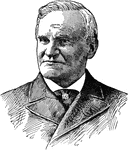
Francis Parkman
Francis Parkman (September 16, 1823 – November 8, 1893) was an American historian, best known…
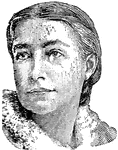
Elizabeth Phelps
An authoress, born in Andover, Mass., Aug. 13, 1844. Her father Austin Phelps, and her mother, Elizabeth…
